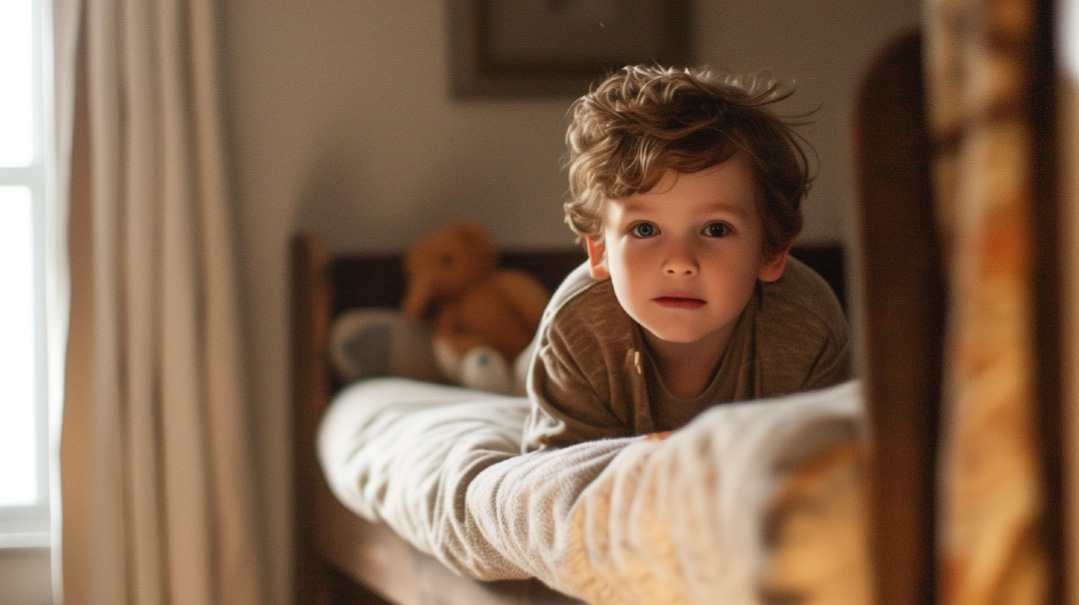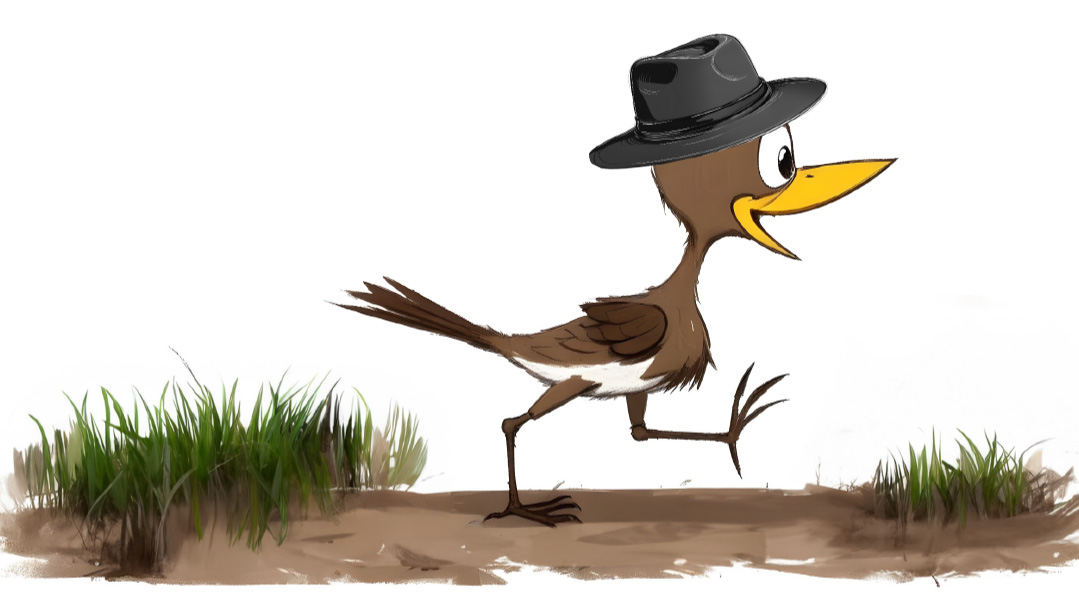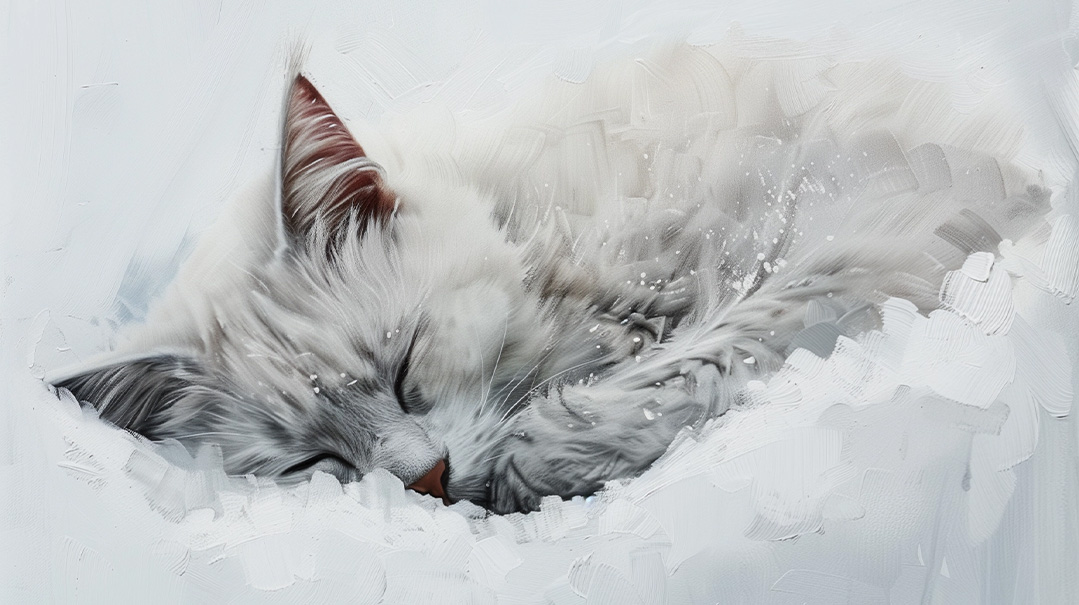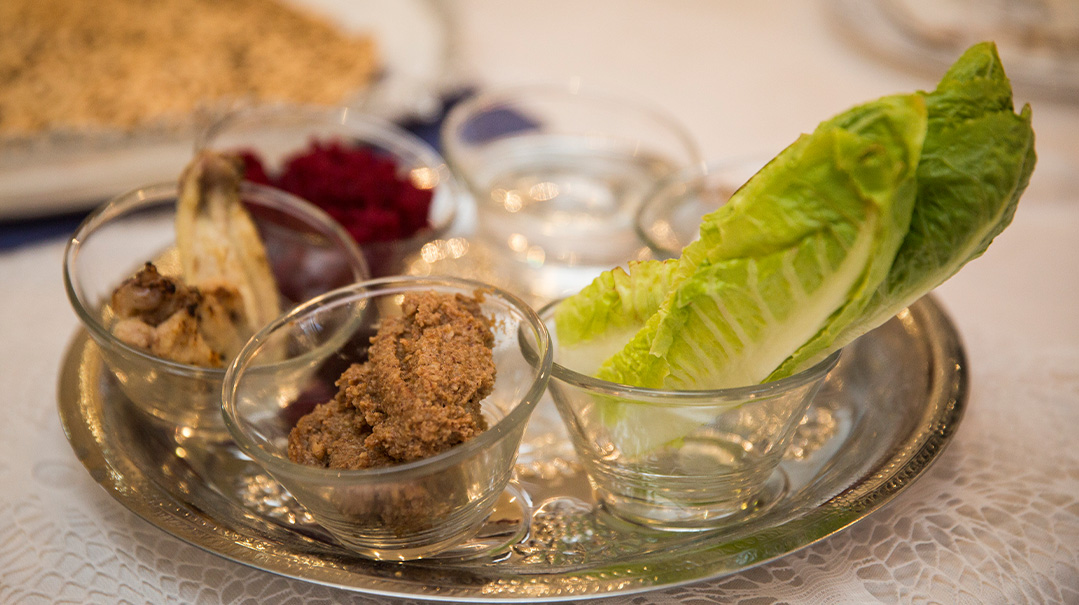Time and Place: Chapter 2 of 3
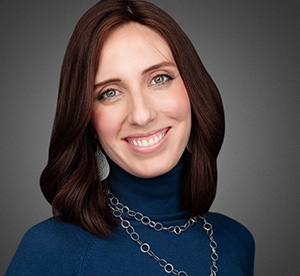
“Everyone is so excited that you’re joining us today. It just feels like we can be a family again. Your father would be so happy”

They had deliberately arrived an hour late to the July 4th barbecue to slip in, and maybe slip out. But Tante Hindy was getting something from her car and spotted them pulling up. She waved enthusiastically and mimed opening the window. Michal obliged and was the immediate recipient of a wet kiss. It took all her willpower to not wipe her cheek.
“Michal! Husband I don’t know yet! So happy you came. Park all the way down so you’ll be closest to the backyard. Then meet me at the pool house, you can’t miss it. Tante Leah renovated it this year. I want to introduce you to everyone.”
There went her fly-under-the-radar plans.
“She’s nice,” Chaim commented, as Tante Hindy waved them on. Michal resisted rolling her eyes. Did he not see the same woman she did? She thought of the comment he’d made when she told him about the invite. “Yay, some normal family.” He’d said it lightly, like she’d get the joke. Maybe she should have, because she did talk about her crazy mother and numbed brother. But it wasn’t right — she could make fun of her people, he couldn’t, with his white-picket-fence family. He didn’t get it, he never got it.
Just arrived at the alternate universe, she texted Mordy.
The driveway seemed endless, but once out, Tante Hindy was right, you couldn’t miss the pool house, which was more house than pool. The pool itself was fenced off from the rest of the backyard, and Michal could see a few men watching, holding beers, and a gaggle of boys splashing in the water and making an overall ruckus.
Tante Hindy linked arms with her, pulling her to the back where the barbecue was being held.
“Everyone is so excited that you’re joining us today. It just feels like we can be a family again. Your father would be so happy.” She gave Michal a meaningful look when she mentioned her father. Michal felt nothing. In some ways it was like he’d never existed, except when it was convenient for their mother to blame something on him, usually a shortcoming of Michal’s or Mordy’s. Then she’d go on about it not being totally their fault; they came from bad stock going all the way back to Michal’s father’s grandfather, who was apparently “the worst.”
Michal blinked when she finally entered the backyard. Someone took their tablescaping seriously. It wasn’t a haphazard assortment of American flags and hot dogs, but a curated mix of rustic country and Americana. You are worthy. You are enough, Michal’s well-honed internal voice kicked in, as she surveyed the women congregated around one of the tables. She, the 29-year-old in shanah rishonah, with no father, a borderline narcissistic mother who herself was orphaned young, and an intentionally single brother. She’d never have this kind of family.
Tante Hindy pulled her toward the table, and Chaim followed. Why was she even here? She’d found out what she needed to know about Harriet’s marriage. What made her seek out this family she’d never known? It was something about Baby Sarah, the apple that fell too soon. When Michal looked at her family tree, she felt more like a rotted branch sawed off for safety, and that didn’t seem fair to Baby Sarah. Why her, why me, Michal wondered. She needed to meet these people to find out what they’d done with their branches.
“I’ll introduce you quickly,” Tante Hindy said to Chaim, “and then I’ll leave you to go to the men.”
Michal wished she’d be left alone, too, do this a little more on her own terms. Why did Chaim get to escape? You did choose to come, she reminded herself. You’re curious, and this is a good place to rip off the Band-Aid quickly, instead of at a slow and mentally agonizing pace.
“Ladies!” Tante Hindy called. A few well-turned-out women looked up. “This is Michal and Chaim, Uncle Ari’s daughter and son-in-law. I told you they might come, and they did!”
All the women were looking and listening now. Michal felt their gaze, their evaluations, their likely judgments. She would do the same if the tables were turned, so she forgave them her unease at being on display and judged them right back.
The table erupted with, “Hi!” and, “Omigosh, so nice, I can’t believe it.”
“Come sit down,” a short blonde offered, gesturing to a seat near her. Michal gave her a pursed-mouth smile and sat down. Tante Hindy was already leading Chaim to the men, and Michal was on her own, with strangers who were family. What were they told all these years, she wondered for the first time.
Michal checked her phone; no response from Mordy.
About to meet all our first cousins, see if we won or lost with this arrangement, she texted.
“So nice to finally meet you,” the blonde said. “I’m Shira, Hindy’s daughter.” Shira looked around the table, “I think everyone should introduce themselves, just your name, who your parents or relations are, and, I dunno, something about yourself, where you live, what you do, something.”
Michal noticed three women at the end of the table roll their eyes. Was it because of her, or Shira?
A scrawny brunette across from her and Shira went first. “Hi, Michal, I’m Devorah, I’m married to Leah’s son Dovid. We live in Passaic.”
Next was another brunette, Yehudis, married to another son of Leah’s and living in Monsey. As the rest of the cousins introduced themselves, Michal felt the space go out of focus. Everything was fuzzy, like she was looking through dirty lenses that were beyond cleaning.
The cousins all seemed to know each other; they all seemed close. They were sitting together, laughing; no one seemed to self-congregate. This was her family, she shared their genes and their history, just not the most recent past.
“So what do you do?” Devorah asked. Michal appreciated this fairly neutral question.
“I have a company that does Medical Bill Advocacy.”
“Wow,” one of the cousins said.
“So interesting,”said another.
“How did you get into it?” a short brunette named Shoshana asked. Michal’s fingers twitched. She had no interest in going through her history, her job, her life. She just wanted to meet these people, see if she missed anything, comfort herself that Herman Ziskind and his daughter were worthily replaced. She wasn’t sure what drew her to these nonrelatives, but she couldn’t get them out of her head, the people who’d died so her family could live. Were they worth it? She was the only one even trying in her immediate family. Maybe these cousins could solve the unanswerable why.
“Y’know, just one thing leading to another,” she answered Shoshana’s question vaguely. A complete lie; her business was so deliberately conceived and opened. A way to channel her perpetual underdog status into something of value to other people. She was flipping the narrative on her mother and herself; she’d explored this in therapy. “What about you?” She deflected.
“I’m a retired speech therapist. Stay-at-home mom now.”
“Accounting.”
“Marketing.”
“Recruiting.”
“Stay-at-home mom.”
So normal, so staid. They dressed right, had kids the right age because obviously they married and had them when most people do. Not like her. She’d waited till she was healthy to start dating, and that took her to 25. And then no one wanted her, no one normal anyway. And then there was Chaim, vanilla in the best way, she’d thought, but it turned out that she’d gotten so used to the imitation stuff that the real was too much for her palate.
OMG so boring normal. Cookie cutter gone wild, she texted Mordy.
She glanced to where Tante Hindy had left Chaim, but she didn’t see him. She looked around the backyard, taking in the tennis court on the side, the trampoline, the bean bag toss game, the swing set so elaborate it belonged in a public playground. There he was, running across the drawbridge, being chased by a bunch of little kids, boys and girls.
“I surrender!” she heard him yell and dramatically crumple when he reached the other side. The kids pounced on him. She couldn’t imagine herself ever being that free. Chaim was a child, just like them. Sweet and kind and good, but really what was she thinking? He couldn’t connect with her, understand her. He didn’t get it. And why would he want to anyway? It made her wonder: Herman died young and his wife moved on; did he and Baby Sarah mean anything at all? What if she died? Would she be forgotten; would Chaim just move on?
“Michal!” Tante Hindy was calling her name and waving to her from the deck. “Come here, I want you to meet Tante Leah.”
Michal’s stomach dropped, butterflies with lead wings flapped in her chest. She was grateful for the intrusion; her mind had spiraled, and that wasn’t good. But what was Leah like? No one else here really knew her father past their young childhood years; to them, everything was story. But Leah was the middle child, right above her father. Would she say something that would ruin everything?
Michal herself didn’t know her father past what her mother told her. She couldn’t trust her mother, she knew that. She’d worked for years to untangle herself from her mother, but somehow meeting Leah felt like a betrayal. Her father had lived in Leah’s basement after the divorce, and he’d never moved out. “What a loser, mooching off his sister,” her mother would say, evoking their father any time Michal’s teachers or Mordy’s rebbeim offered a helping hand. It worked. She’d learned not to take from anyone.
Her phone pinged: Mordy. Knock yourself out. I don’t really care about any of this right now. He was impossible.
Michal found Leah at the circular kitchen table, where she sat straight, like she belonged. She offered Michal a smile, but Michal couldn’t sense if it was real.
“Leah, meet Michal. Michal, this is Tante Leah. I don’t know how good your memory is, but Leah’s house was where you and your brother camped out when your father had you for Shabbos.”
Michal shook her head. So awkward. Why couldn’t Tante Hindy pretend this was normal for a minute, why douse it with the past so fast? She didn’t remember anything from her early years — her therapist said it was a trauma response. A trauma response that robbed her of anything of her father.
“Hindy, we’ll talk memories when and if Michal ever wants to. Right now, I’m just happy you’re here,” Leah said. She smiled again, and Michal knew it was real. It warmed her. She sat down and Leah started schmoozing. They covered the weather, a new book, and a song she’d just heard that she loved.
“A client of mine told me about it, how it made her cry,” Leah said.
“Client?” Michal asked.
“I’m a semiretired social worker.”
Social worker; that explained everything. Michal officially loved the woman, even if her daughters seemed a bit snobbish.
“Want to hear it?” Leah steered the conversation back to neutral territory. Michal nodded, and Leah took out her phone and turned on “Yabasha Sheli.” Guitar, synthesizer, and flute started playing over what appeared to be the home sound system. Before the singers could cut in, one of Leah’s daughters tumbled into the kitchen.
“Ma! Yitzy got burned by a sparkler!” She pulled a kid — he looked to be four or five — into the kitchen, face beet, screaming. He was trying to grab at his arm, but his mother held him back. Michal couldn’t see the burned area, but her mind filled in the blanks.
“The sink!” Leah reached, hoisted Yitzy on the counter, and ran water over his hand as he wailed. His mother hovered. Michal sat at the table, her breath shallowed, vision tunneled. Baby Sarah flickered through her mind. Why did every child make her think of Baby Sarah? Reorient yourself, ground yourself, she heard her therapist’s soothing voice, as her eyes darted toward the doors off the kitchen.
The first door was a bathroom. Michal locked the door behind her, turned on the sink, and splashed water on her face. She refused to face the woman in the mirror. Breathe, breathe. Two minutes later the edge was still in her throat, chest, and fingertips. Yitzy was still crying. Why were her body and mind racing like this?
A kid was hurt. What if he was really hurt, irrevocably? What if the wound got infected and he died? Michal sat down, her heart pounding.
Why was it worse for a kid to die than an adult? Why did Baby Sarah die? Had her life mattered? Why did she even have this question? Her mind shifted. What about Herman? Was his life irrelevant and forgotten because his baby had died? Does that undo him? What about Herman’s parents? Who mourns a child after his parents are gone?
Her breathing became labored again. She knew she had to stop the vortex, but her thoughts refused to obey.
Did her life have value? Would she one day be as forgotten as Herman and Sarah?
She thought she’d moved on, gotten healthy, married someone normal. But her mind let her know now that she and Mordy were just useless loose ends. If time could redo some stitches, it wouldn’t knit them back into its weave.
Michal put her head between her knees and tried breathing again. Yitzy wasn’t crying anymore, but she felt wetness on her own cheeks. Her energy shifted. Dumb, this whole thing was dumb. Herman, the baby, her father, mother, Chaim, Tante Hindy, Tante Leah, Yitzy…. What was she even doing here?
She sat for what felt like an eternity. The noises in the kitchen died down, everyone seemed to have gone outside. What happened to Yitzy? Was he fine? Had anyone noticed she was missing?
A knock on the door.
“Michal?” It was Chaim. She cleared her throat.
“Yes.”
“Are you okay? I’ve been looking all over for you.”
She cleared her throat again. “I’m fine.”
“Can I come in?” Michal unlocked the door. The post-cry blotchiness was gone; she was empty now. Chaim’s brow was so knitted she almost felt bad for him.
“Want to go home?” he offered. Michal exhaled, surprised by a burst of gratitude to him. She nodded. He didn’t ask any questions. Michal wasn’t sure if she held it against him, or was thankful.
They slipped out. Michal was quiet on the ride to Brooklyn. They circled for parking, and once they found a spot, Chaim lingered before turning off the car.
“Michal?” His voice was soft.
She turned to him, only enough to signal she was listening, and heard him inhale deeply.
“I know that today was really tough on you, and I was wondering… would you consider, I mean, do you want to try finding someone to talk to? Or maybe going back to….” His voice trailed off, and Michal sat up, ramrod straight. The nerve.
Chaim drummed his fingers on the steering wheel. “I just… I don’t… I know you’re really upset, and I just want you to be happy. But I’m not sure what to tell you to make you feel better.” He turned off the ignition and opened the car door without waiting for an answer.
To be continued…
(Originally featured in Family First, Issue 852)
Oops! We could not locate your form.

